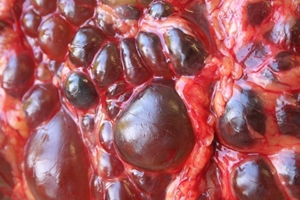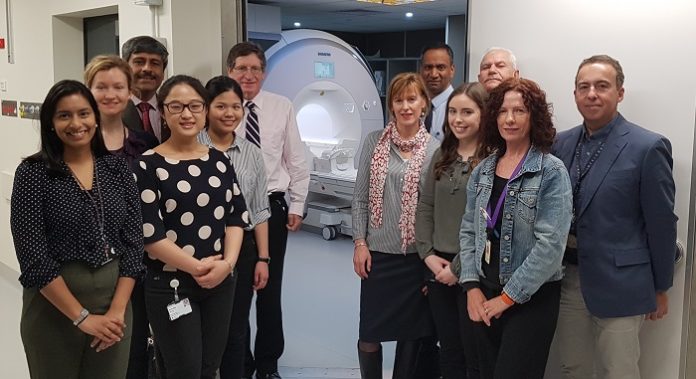A cheap, safe and effective treatment to polycystic kidney disease may soon be available, thanks to a new national clinical out of Westmead, which is trialing water to treat the disease.
The trial, known as PREVENT-ADPKD, will investigate whether drinking the right amount of can prevent adult polycystic kidney disease (ADPKD) progressing to kidney failure.
ADPKD is an inherited disease in which the kidneys deteriorate because of cysts that grow and destroy healthy tissue.
The examination group – drove by Dr. Annette Wong, Carly Mannix, Professor David Harris and Dr. Gopi Rangan – at the Westmead Hospital and the Westmead Institute for Medical Research are hopeful that drinking water is a viable treatment to decrease kidney blister development in ADPKD patients.

“Water stops the hormone that influences these sores to develop, so guaranteeing you aren’t parched decreases the possibility of pimples growing,” Dr. Rangan said.
“This is essential, on the grounds that there is no cure for polycystic kidney illness. More than 50 for each penny of patients, in the long run, create kidney disappointment, requiring dialysis or kidney transplantation.”
“On the off chance that effective, our approach could have significant advantages for the soundness of individuals with ADPKD. In the event that we can moderate the ailment at a beginning period, we could possibly avoid kidney disappointment happening out and out.”
“A positive report result will demonstrate that water is a shabby, sheltered and powerful treatment,” he clarified.
The group’s past research demonstrated that expanded water admission was very successful at lessening blister development in creatures with a polycystic kidney ailment.
This new examination convention, distributed in BMJ Open, will be the first of its kind to give confirm on whether endorsed water admission is a compelling treatment for ADPKD in people. The three-year randomized controlled clinical trial will utilize MRI to survey the rate of blister development in the kidney all through the investigation.
Patients with ADPKD create several sores in the kidney, which frame in early adolescence and develop by five to ten for every penny every year. It is the most widely recognized hereditary kidney malady in grown-ups, influencing one in every 2500 people. More than 2000 Australians with ADPKD as of now get dialysis or need a kidney transplant.
More than 240 individuals have just selected in the trial, and full outcomes will be accessible in 2020.
